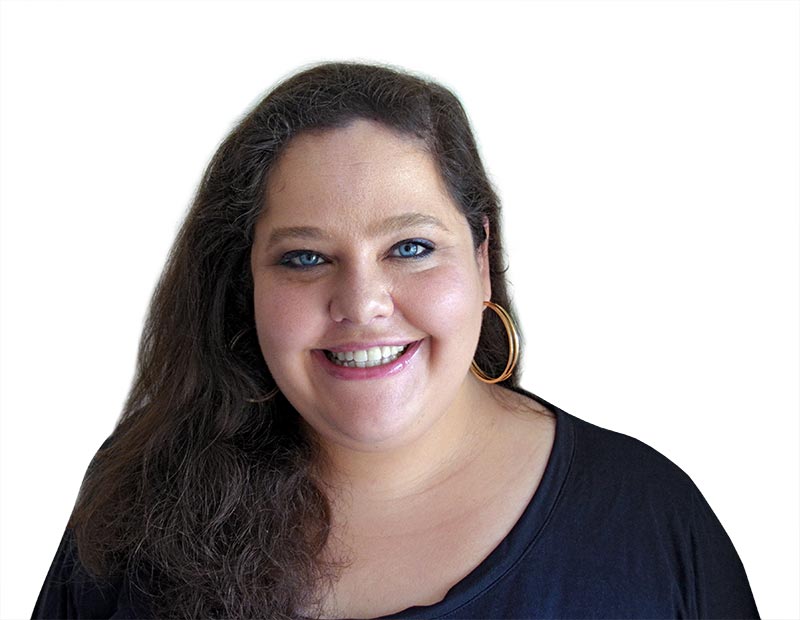Dictionaries are a teacher’s best friend!
Once upon a time, a colleague entered the teachers’ lounge with a vocabulary question. Nobody could think of the answer, myself included, so I took the Oxford Collocations Dictionary off the shelf. I knew it was a long shot, as hers was not a collocation-related question, but by looking up the mysterious word’s common collocates, I found the answer she was looking for. She sighed, “You know, I never know which dictionary to use.”
Now before anybody jumps to unwarranted conclusions, this was a great professional: qualified, experienced, and certainly one of the most committed and creative teachers I’ve ever met. And while rarely do we see professionals admitting they do not know something (arguably the 1st step in learning!), sometimes it seems discouragingly easy to come across those who will google a word and trust the first source that appears, no matter how unreliable. Or to notice in a fellow teacher’s eyes that they’ve never heard of or considered a pronunciation dictionary, a collocations dictionary, or a thesaurus.
We language teachers are not walking dictionaries, but in the name of our language development (and our students’, of course), dictionaries should be our best friends.
So here are a few tips not from a lexicographer – sorry for that –, but from somebody who would pass up a diamond ring for a lifelong subscription of the OED or the DARE.
1. Appreciate your sources, but know their limitations.
The Urban Dictionary is great. There’s no way a dictionary kept by a publishing house will be as up-to-date as a wiki. Just the other day I was watching “The Big Bang Theory” and heard Leonard go, “Preach!”, in agreement with Sheldon. No dictionary I checked had that, but the Urban Dictionary did.
On the other hand, you must take in consideration that the people writing the entries are not trained professionals. They might not know how to define a word properly . They might have an idiosyncratic interpretation of the word, or be defining it according to their regional dialect. [Just think how differently the word “blusa” would be defined by Paulistas and Cariocas! First time I heard a Paulista woman say she was going to take her “blusa” off because it was too warm, I was shocked, as that to me would mean her going topless. All she meant was that she was about to remove her sweater, no biggie.]
Worse still, people might be adding wrong definitions as a prank. Remember when Brazilian internet users claimed Galvão Bueno — the sports commentator we love to hate — was an endangered bird species, prompting a worldwide outcry for its preservation?
Same goes, of course, for forum websites, where somebody posts a vocabulary question and people weigh in. Yet I’ve seen many a teacher find something in those websites and trust it blindly. Mind, those websites are great when we don’t know where to start from, but whatever we find there needs to be taken with a whole bag of salt. At the very least, we have to crosscheck with serious dictionaries before we can confidently say we’ve found the answer we needed.
2. Diversify.
Different dictionaries will give you different definitions and examples, of course, and help you have a clearer picture of the word’s meaning and usage. Plus, now that we have great learner’s dictionaries online for free (e.g.: Macmillan, Oxford, and Cambridge), all that information is literally at our fingertips.
Remember, too, that those dictionaries are meant for learners, so they have a limited list of words to use in their definitions. That often works in our favor, esp. when we’re trying to explain the word to our students, but it may also mean you get slightly simplified definitions at times. So you might want to check dictionaries that are not meant for learners — such as Merriam-Webster’s, the American Heritage, or the Oxford English Dictionary — and see if that changes your understanding of the word.
Another reason why checking more than one source is a healthy exercise is that dictionaries are made by humans, as much as we tend to forget it (click here for a TED Talk on the subject – hat tip: Elizabeth Castro Mattei). And humans – and the companies they work for – will have their ideologies. For instance, I’ve written here about blatant biases in the definitions of the value-laden idioms “white-shoe” and “bleeding heart”, but I’m sure you’ll find other examples if you keep your eyes peeled.
3. Look the word up in context.
You might well know the meaning of the word and still be unclear about its usage. One of the best forms of diversifying, then, is just checking how the word is used in real life. In the old days, that meant waiting for you to hear or spot the word again. Nowadays, that is much simpler. Why not google the word and see it in context? If you need examples of texts that were carefully edited, Google Books is a safer bet. If it’s an academic word or expression, then you can go for Google Scholar.
There are even free corpora online (e.g.: British National Corpus; Corpus of Contemporary American English; Michigan Corpus of Academic Spoken English). They might look daunting at first, but you’ll get your answers even if you don’t understand what all those bells and whistles are for. If you want something cleaner, then use Google NGram, which will search GoogleBooks for the expressions you want to check.
For instance, Luiz Otávio Barros recently had this question on his mind: are people more likely to say “brilliant future” or “bright future”?
He then performed a Google NGram search, which pointed to a preference for “bright future”.
The BNC and COCA confirm this tendency, and they give you actual sentences to analyze. (NGram does too, but you’ll have to click on the words and do some serious scrolling.)
BNC – “bright future”
Seeing the word or phrase in a sentence will not only give you more confidence about how it’s actually used, but also help you check if there are cases that do not apply to your search. Ever looked up something perfectly innocent on Google Images and got a surprising result? That happens with language, too. You look an expression up, and sometimes hundreds of hits are actually referring to a completely unrelated meaning.
Again, the world (wide web) is yours to investigate!
In fact, there is so much to say about this subject still… I promise a part 2, OK? Till then, have fun looking words up!










